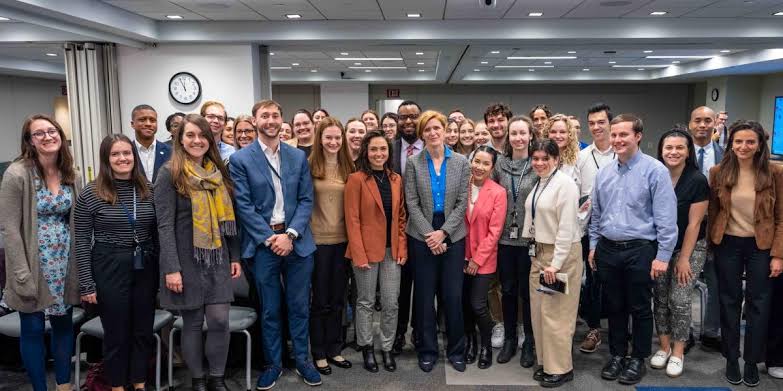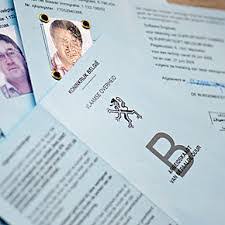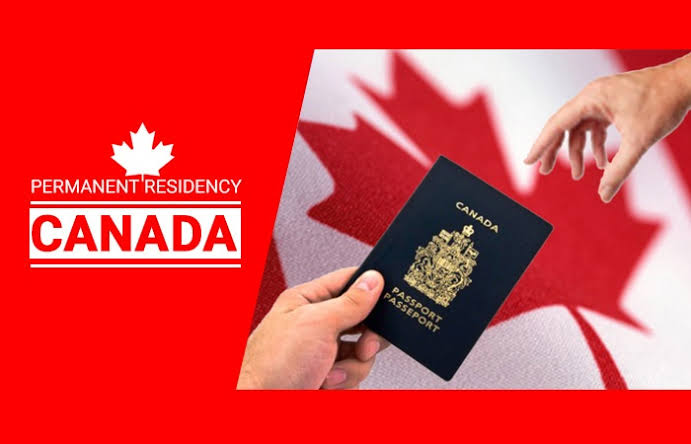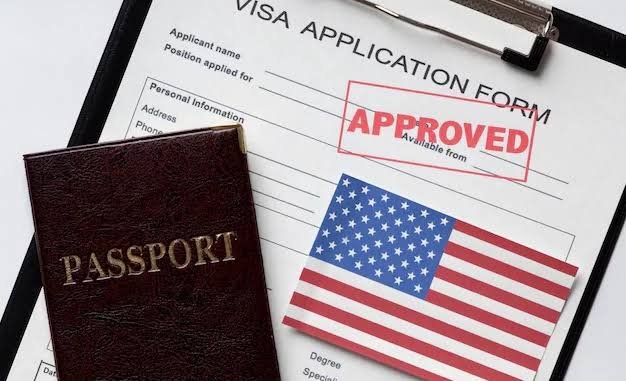Germany is one of Europe’s most robust economies, attracting professionals from all over the world. If you’re looking to work in Germany but require visa sponsorship, there are specific steps you can take to increase your chances of finding a suitable job. This comprehensive guide will provide you with essential tips and resources to help you navigate the process.
Understanding Visa Sponsorship in Germany
Before diving into the job search, it’s important to understand what visa sponsorship entails:
- Visa Sponsorship: This means that an employer is willing to sponsor your visa application, allowing you to legally work in Germany.
- Types of Work Visas: The most common work visas include the EU Blue Card, the German Employment Visa, and the Job Seeker Visa.
Preparing for the Job Search
Research the Job Market
Start by researching the German job market to understand which industries and professions are in high demand. Some of the sectors actively seeking international talent include:
- Information Technology (IT)
- Engineering
- Healthcare
- Research and Development
- Finance
Learn the Language
While many German companies use English as a working language, having a good command of German can significantly enhance your job prospects. Consider taking German language courses to improve your skills.
Tailor Your CV and Cover Letter
German employers have specific expectations when it comes to job applications. Ensure your CV and cover letter are tailored to meet these standards:
- CV Format: A detailed, reverse-chronological format is preferred.
- Cover Letter: It should be concise, well-structured, and directly address the job requirements.
Finding Visa Sponsorship Jobs
Online Job Portals
Several job portals specialize in listing opportunities for international candidates requiring visa sponsorship:
- Indeed Germany: Offers a wide range of job listings across various industries.
- StepStone: A leading job board in Germany with a focus on professional and managerial positions.
- LinkedIn: Utilize LinkedIn’s job search function and networking features to find and apply for jobs.
- Xing: A German professional networking site similar to LinkedIn, with job listings and networking opportunities.
- Make it in Germany: A portal by the German government offering information on living and working in Germany, along with job listings.
Company Websites
Many companies list job openings directly on their websites. Research and identify companies in your field and regularly check their careers pages. Examples of major companies that frequently sponsor visas include:
- Siemens
- SAP
- BASF
- BMW
- Bosch
Recruitment Agencies
Recruitment agencies can be valuable resources in your job search. Some agencies specialize in placing international candidates and can assist with visa sponsorship. Notable agencies include:
Networking
Building a professional network can open doors to job opportunities. Attend industry events, join professional associations, and connect with professionals on LinkedIn and Xing. Networking can often lead to job referrals, which can be particularly valuable for visa sponsorship roles.
Applying for Jobs
Highlight Your Skills and Experience
When applying for jobs, emphasize your skills, qualifications, and experience that make you a strong candidate. Be clear about your willingness and ability to relocate and work in Germany.
Mention Visa Sponsorship in Your Application
In your cover letter or during the interview process, make it clear that you require visa sponsorship. Some employers may not be familiar with the process, so be prepared to explain it briefly and reassure them of your commitment to the role.
Prepare for Interviews
Research common interview questions and practice your responses. Be ready to discuss your qualifications, experience, and reasons for wanting to work in Germany. Demonstrating your cultural fit and adaptability can also be advantageous.
Navigating the Visa Application Process
Types of Work Visas
- EU Blue Card: For highly skilled workers with a recognized university degree and a job offer with a salary above a certain threshold.
- German Employment Visa: For non-EU nationals with a job offer in Germany. Requires proof of qualifications and a job contract.
- Job Seeker Visa: Allows you to stay in Germany for up to six months to search for a job. Once you secure employment, you can convert it to a work visa.
Required Documentation
Typical documentation for a work visa includes:
- Valid passport
- Job offer letter
- Proof of qualifications (e.g., diplomas, certificates)
- Proof of previous work experience
- Health insurance coverage
- Proof of financial stability (if applicable)
Application Process
- Job Offer: Secure a job offer from a German employer willing to sponsor your visa.
- Employer’s Role: Your employer submits a work permit application to the Federal Employment Agency (Bundesagentur für Arbeit).
- Visa Application: Submit your visa application at the German embassy or consulate in your home country. Include all required documentation.
- Attend Interview: You may need to attend an interview at the embassy or consulate.
- Wait for Approval: Processing times vary, but it typically takes several weeks to a few months.
- Travel to Germany: Once approved, you can travel to Germany and start working. Register with the local authorities (Anmeldung) upon arrival.
FAQs
What is the EU Blue Card, and how do I qualify?
The EU Blue Card is a work permit for highly skilled non-EU workers. To qualify, you need a recognized university degree, a job offer with a minimum salary (varies annually), and relevant work experience. More information can be found on the EU Blue Card Network.
How long does the visa application process take?
The processing time for a work visa can range from a few weeks to several months, depending on the type of visa and the specifics of your application. It’s advisable to apply as early as possible.
Can my family join me in Germany?
Yes, your family members (spouse and children) can apply for family reunion visas to join you in Germany. They will need to meet certain requirements and provide necessary documentation.
Is it necessary to speak German?
While not always necessary, knowing German can significantly improve your job prospects and ease your integration into German society. Some jobs, especially those requiring direct interaction with customers or clients, may require proficiency in German.
What if my visa application is denied?
If your visa application is denied, you have the right to appeal the decision or reapply. It’s important to address the reasons for the denial and provide additional supporting documentation if necessary. Seeking legal advice can also be beneficial.
By following these steps and utilizing the resources mentioned, you can enhance your chances of finding a job in Germany with visa sponsorship. Persistence, preparation, and a proactive approach are key to successfully navigating the process and starting your career in Germany.





